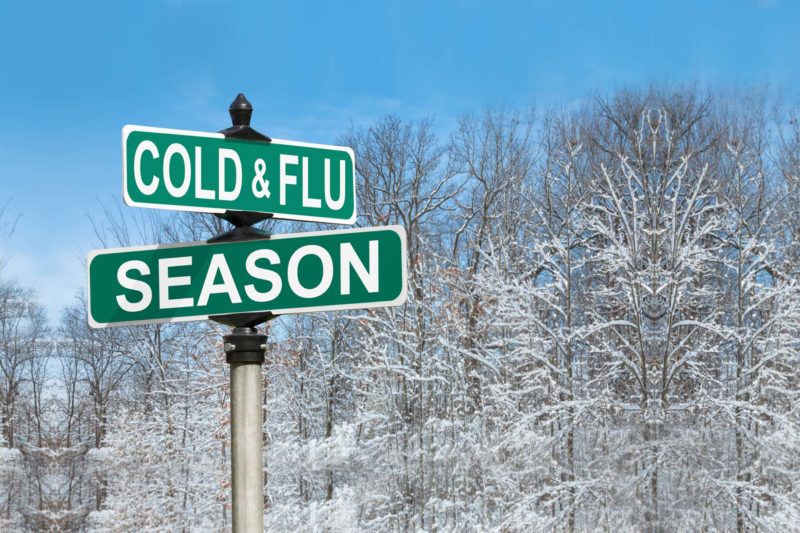It’s Time for a Flu Shot
By Tim Rumsey, MD
October to May, every year, is influenza time. Even in this era of COVID-19, we need our flu shots.
The Centers for Disease Control and Prevention recommends everyone 6 months or older get vaccinated each flu season. Children, 6 months through 8 years may need two doses during a single flu season because of a less mature immune system. Everyone else only needs one dose per year.
The CDC estimates that death due to regular flu in a seven-month span (October 2019 to April 2020) was greater than 24,000 individuals. On the other hand, in the year 2020 there were 689,000 deaths due to COVID-19.
The following are frequently asked questions flu shots in general:
What if I got a flu shot last year? Good point. Each year, a new flu vaccine is made to protect against the most likely influenza virus believed to cause an illness in the upcoming flu season.
Does the flu shot cause the flu? No. The flu shot does not contain a live virus, meaning it cannot cause an illness. However, many patients swear they’ve gotten the flu from being vaccinated. Likely these folks were recently exposed to the flu prior to being vaccinated and suffered the actual illness, not a secondary reaction to the shot. It is true that for some people, flu-like symptoms can be a side effect.
Can/Should pregnant women get a flu shot? Yes. It is safe anytime during pregnancy for both mother and baby.
How effective is the flu shot?
The CDC cites a recent study showing the vaccination reduces flu illness by 40–60% in overall population.
Can flu shots be given with other shots? Yes. Even the COVID-19 vaccine. Your provider should advise you on the matter.
Why do we need a flu shot at all? Flu shots prevent risks for oneself or others from flu-related complications like pneumonia, bronchitis, worsening asthma, ear infections and even death.
Are flu shots mandatory in Minnesota?
No, Minnesota officials do not require flu shots, but some employers may require it for workers in health care or public safety positions.
How risky is a flu shot? Most common side effects are soreness, redness and swelling at the injection site. Fever, muscle aches and headaches can also occur. There is a very small risk of Gullian-Barré syndrome (GBS) after a flu shot. As with any injected medicine, there is a very rare chance of serious allergic reactions or death.
Are there reasons to not get a flu shot? If someone has a current illness and fever over 100 degrees, they should wait to get vaccinated. If there was a previous reaction to a flu shot that included lips swelling, difficulty breathing or hives on the body, the patient should not get the vaccine at all.
Is there a lab test for the flu? Yes. Clinics or hospitals can do a nasal swab (not as uncomfortable as the COVID-19 swab.) Results are available within a short time span.
Where can I get the flu shot and how much does it cost? Drug stores, private pharmacies or any healthcare clinic should carry the vaccine. The cost is covered by insurance; if someone does not have insurance, they are free at community clinics, including Minnesota Community Cares, Open Cities and United Family Medicine.
How can I prevent flu illness? Influenza is air-born so the preventive measures are similar those adopted during COVID-19: frequent hand washing; cover nose and mouth when coughing, use a prescription medicine when symptoms begin (Oseltamir) and Get a Flu Shot.
You can do it. We can do it. We can help each other. Get the flu shot. It’s available now. More information about influenza available at: mdh.flu or cdc.flu.
Dr. Tim Rumsey is a physician emeritus at Allina United Family Physicians. He can be reached at 651-241-5200




